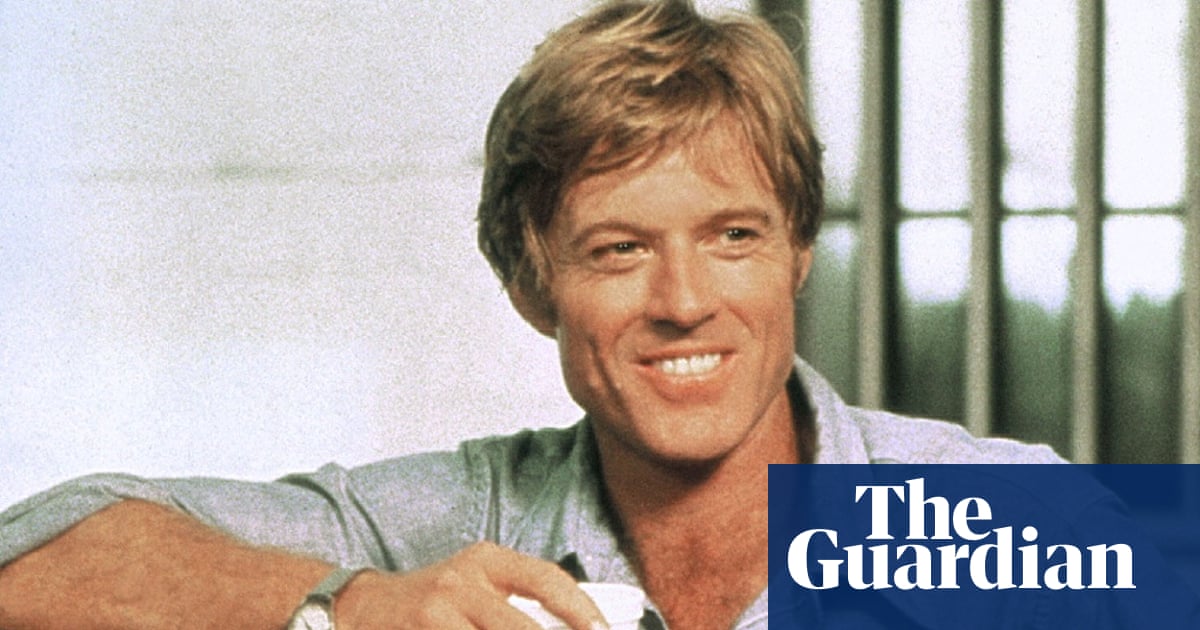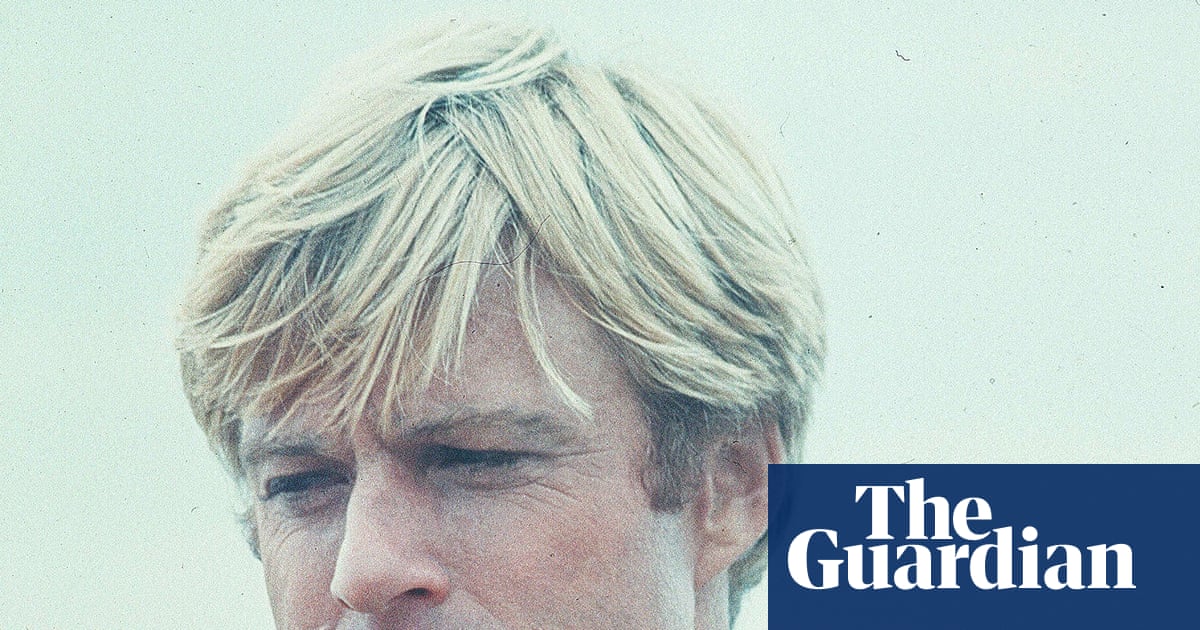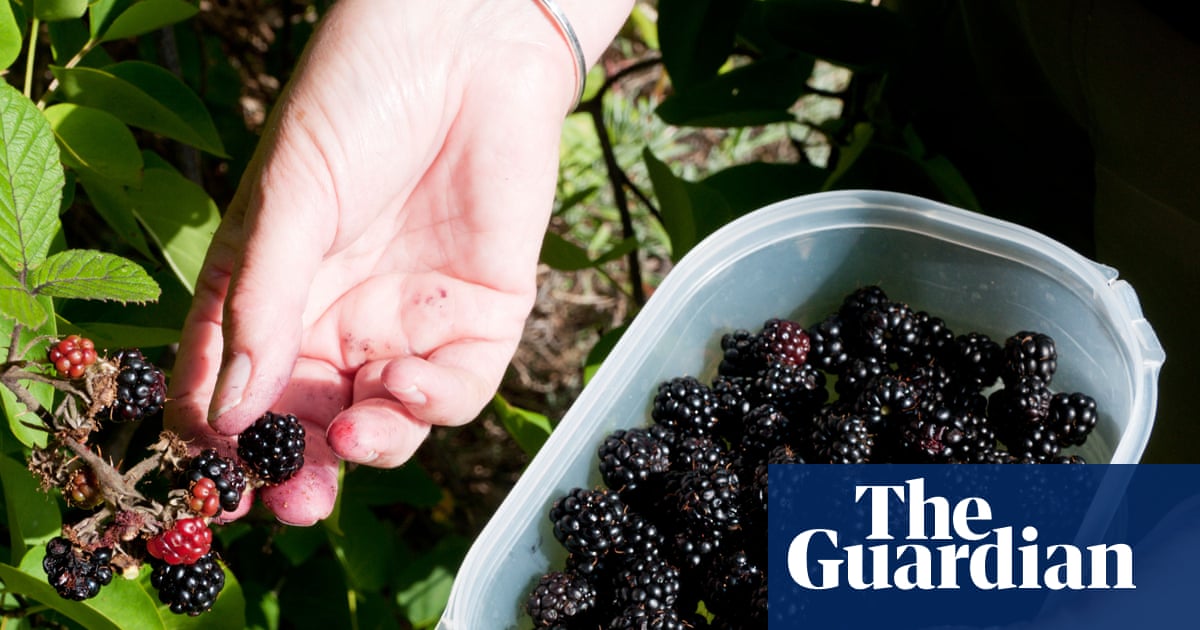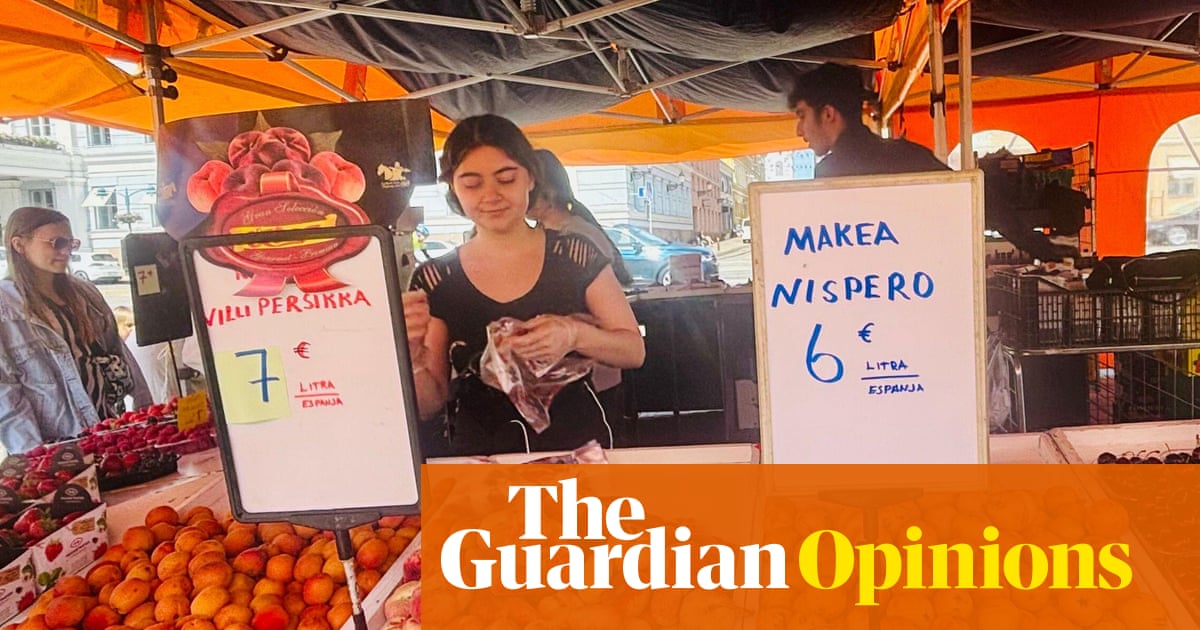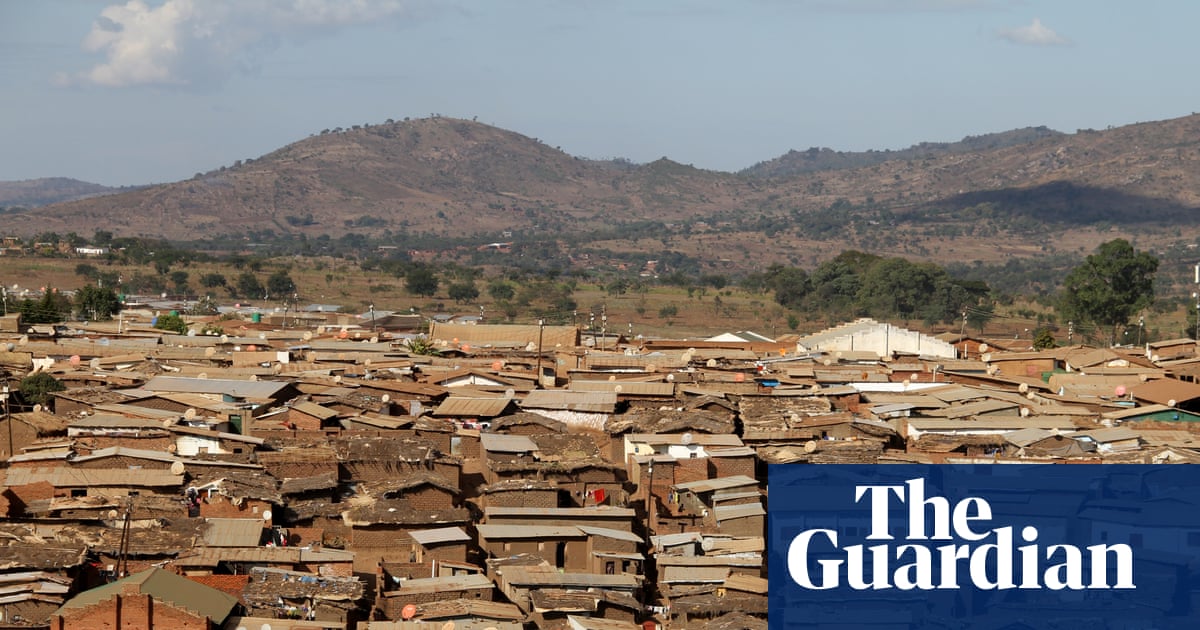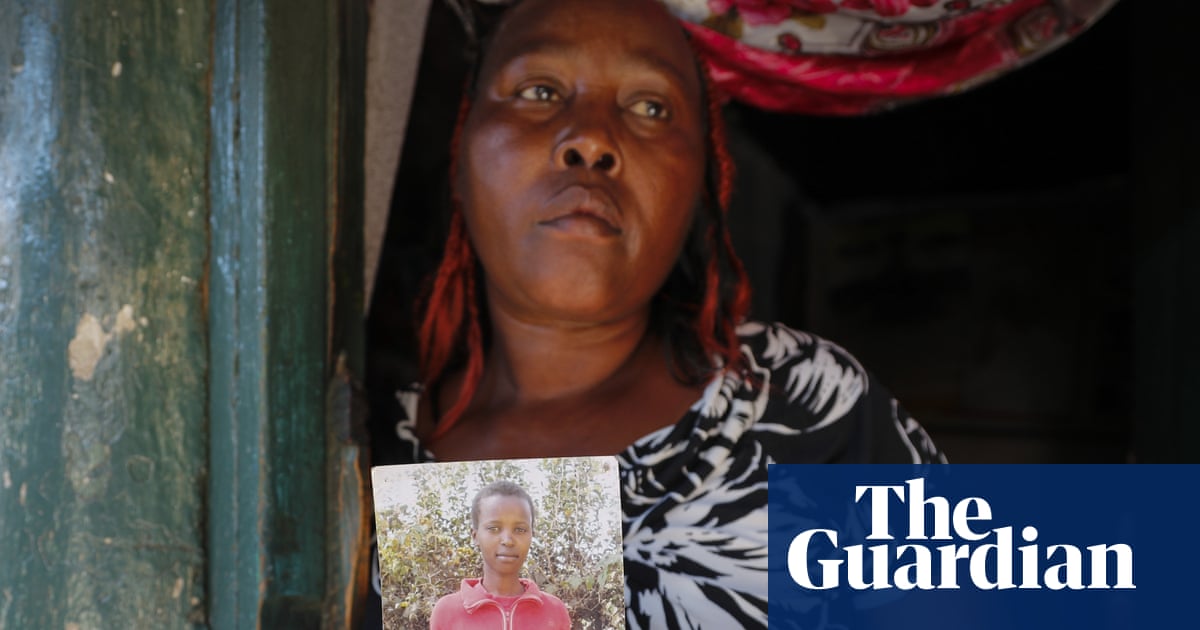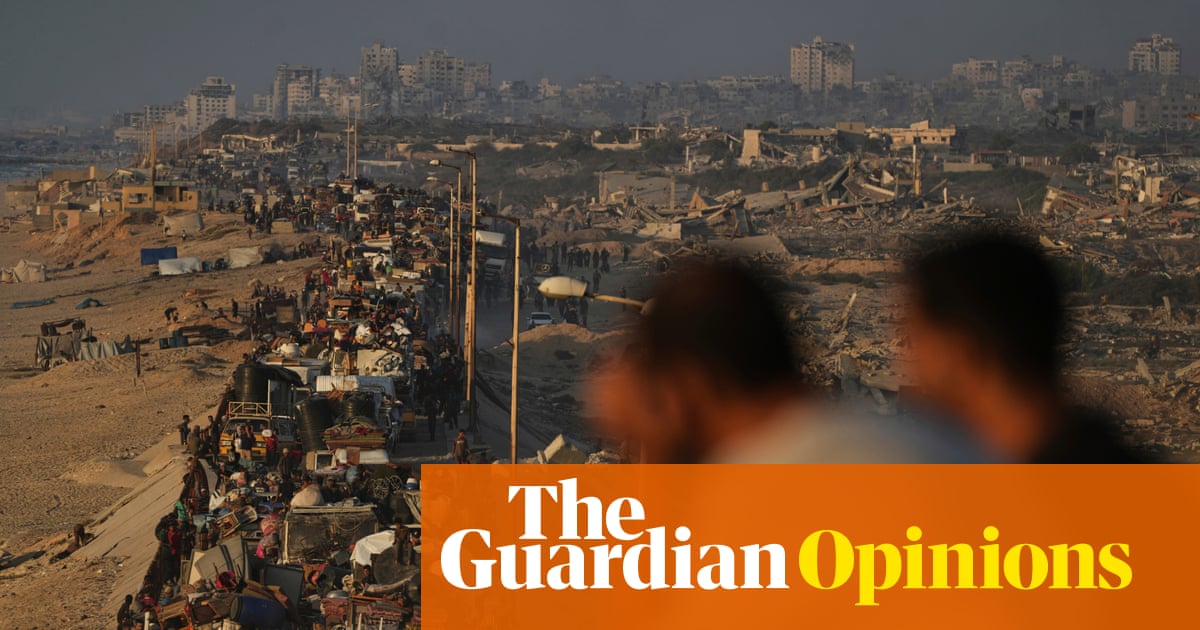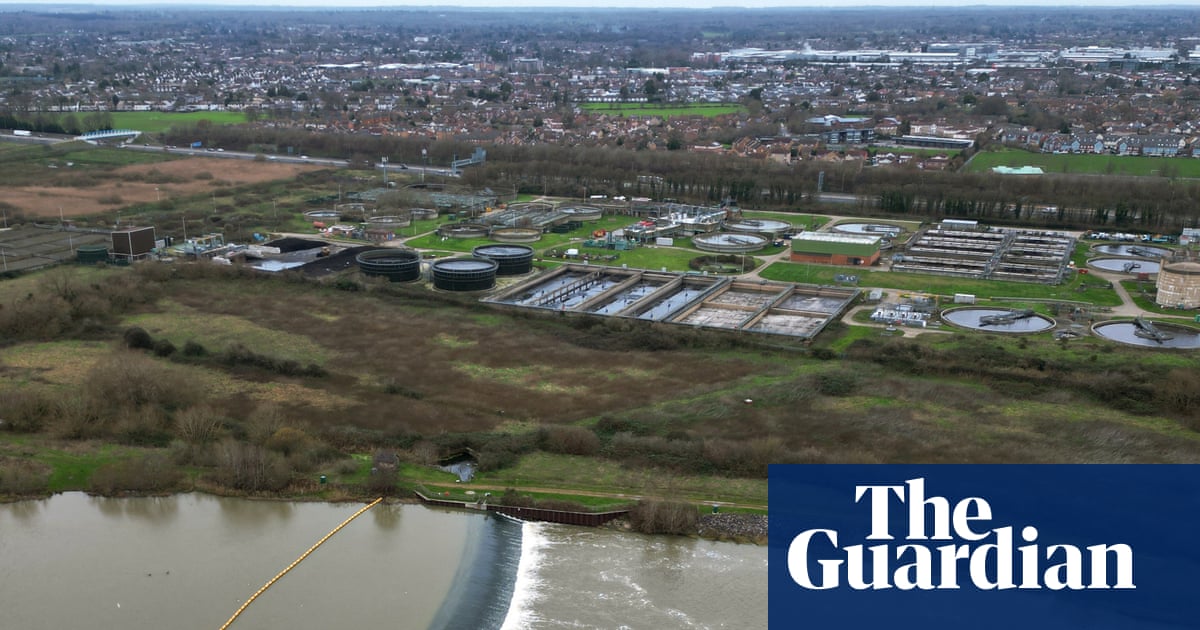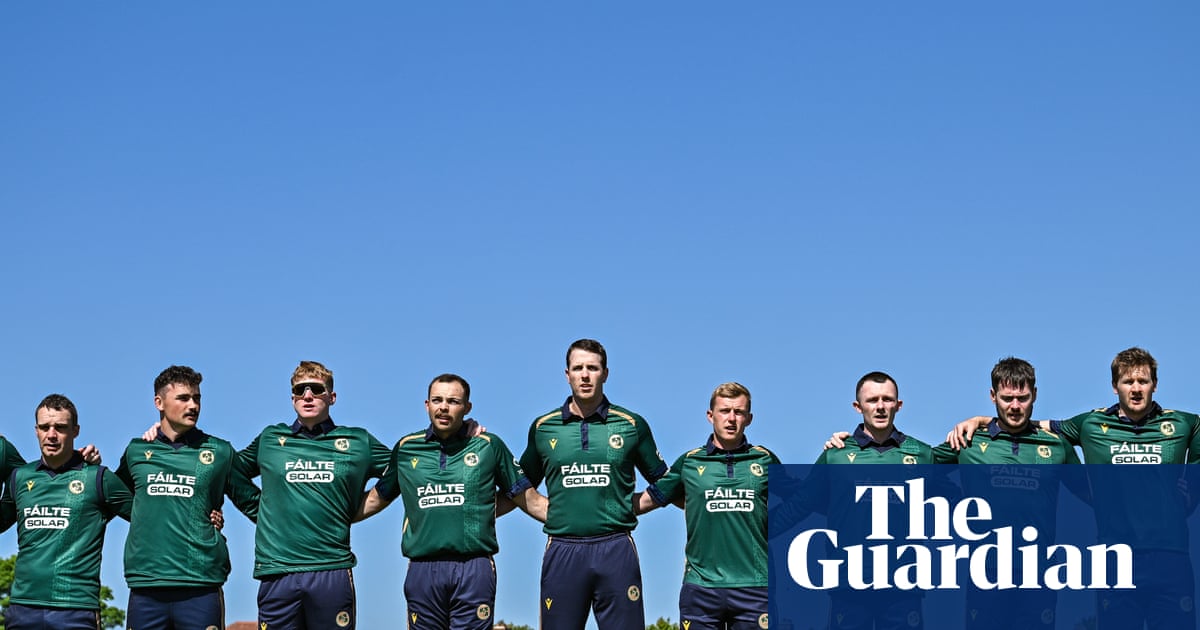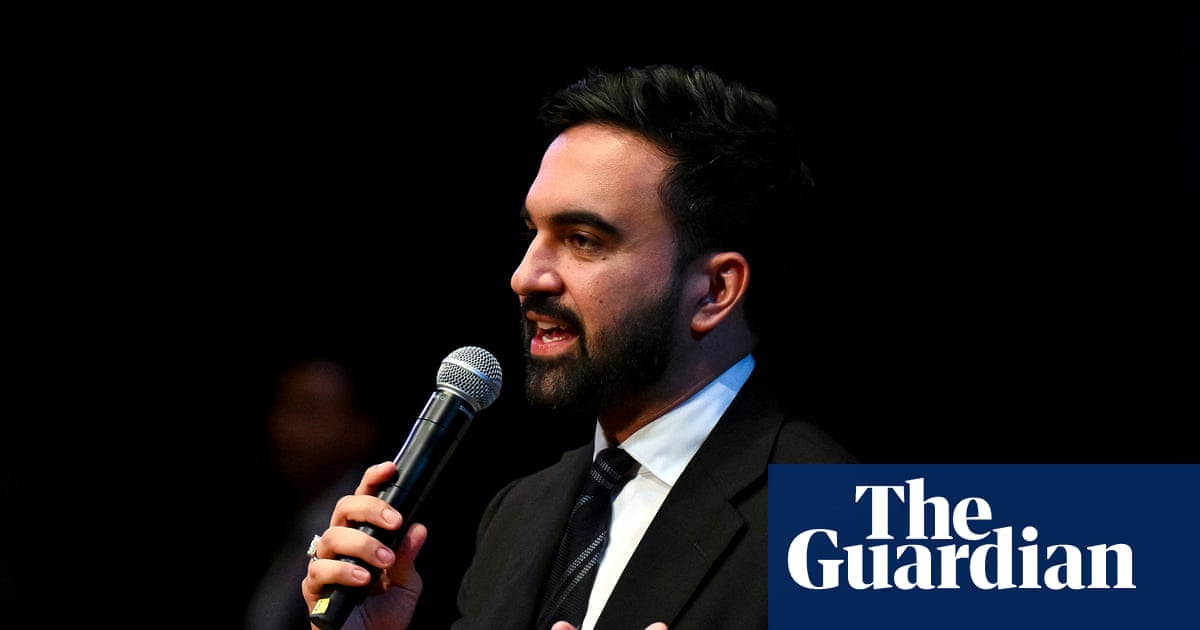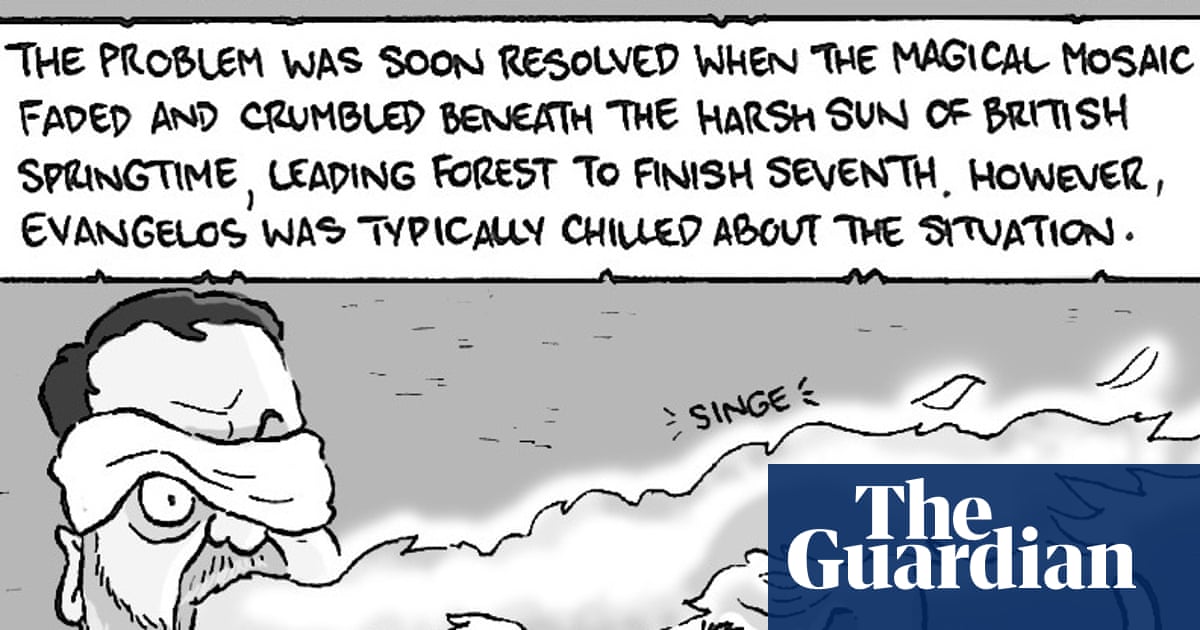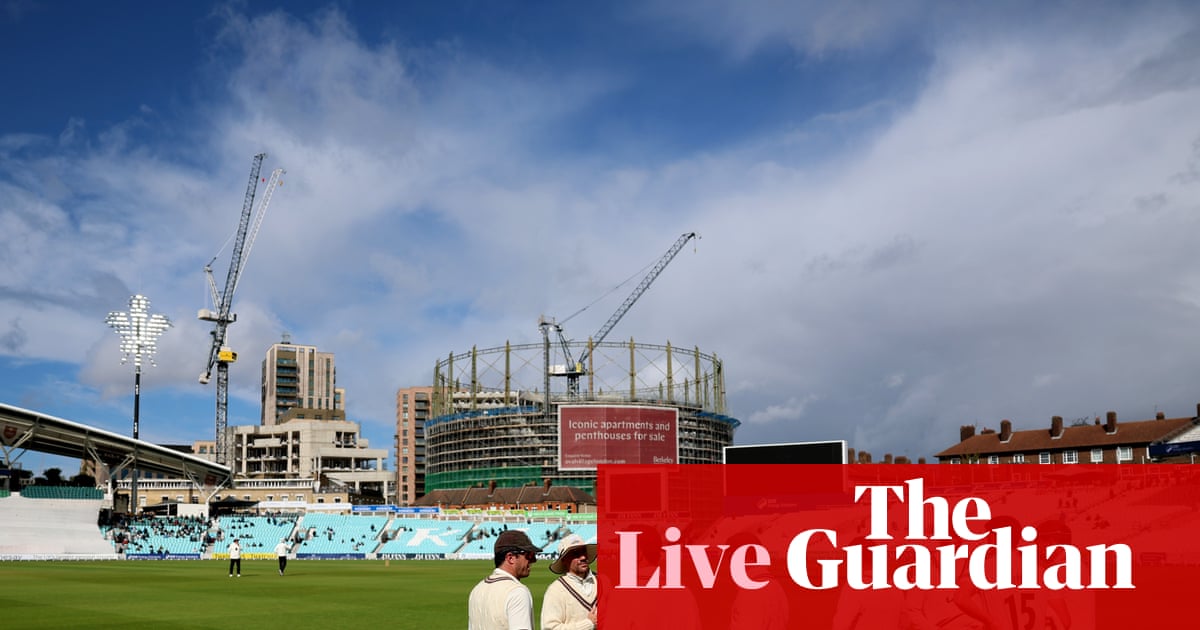Where do you see yourself in your 70s? Perhaps on a Greek island, a long way from home with a good book or two.
That’s where Ruth Miller is right now, although there’s a twist to the usual tale.
Nine years ago, the Londoner decided to volunteer for a month at a refugee camp on the Greek island of Lesbos. Today, she spends most of her time as the librarian of Mavrovouni camp.
Miller, 71, a former civil servant who worked on simplifying communication in government written materials, has transferred her literacy skills.
“It’s not quite what I had in mind entering my eighth decade but it’s a new challenge and I’m loving it – most of the time, although some days it’s exhausting,” she says.
She works for the NGO Eurorelief and was the driver behind converting a shed covered in metal cladding, a former bike repair workshop, into an oasis of books in 15 different languages.
It contains 2,500 books, many in English, although Miller is always trying to source more books in Farsi, Arabic, Turkish for adults. Many of the refugees speak Arabic and Farsi, but also know Turkish because they have spent extended periods living in Turkey before crossing the Aegean Sea to Greece.
Popular loans include Freud and Dostoevsky in Turkish and George Orwell’s Animal Farm in Farsi. Khaled Hosseini’s The Kite Runner and A Thousand Splendid Suns are also frequently borrowed. Young refugees are keen on books about famous footballers.
“One little boy comes every second day asking for the book on [Virgil] Van Dijk – it went out on loan and hasn’t come back yet. He’s finished [Harry] Kane and [Luis] Suárez,” says Miller.
She is a lifelong Spurs fan and has managed to secure a team kit for some of the children from her beloved club. Some of the children proudly walk around the camp in their Spurs shirts while others wear rival Arsenal’s red shirts.
She teaches children in the camp the geography of London using the locations of different football teams around the capital.
The small shed, stiflingly hot in the summer, is adorned with artwork created by the refugees passing through, including a striking creation by a young refugee artist of a imurgh bird – known as the king of birds in Persian mythology. For the youngest non-readers, there are ample piles of Lego.
The library opened in March 2024 and has proved popular with a traumatised group of people, many of whom have fled conflict zones in countries like Syria and Afghanistan and have made dangerous sea journeys from Turkey to Greece.
As one refugee library user described it: “Reading gives us someplace to go when we have to stay where we are.”
The library is centrally located within the camp, sandwiched between the units of the Greek cleaning team and Drop in the Ocean, an NGO that provides a laundry service. It has the support of Dimitrios Kantemnidis the managing director of the Lesbos camp.
“In the heart of a refugee camp, a library is not just a room with books, it is a sanctuary of hope and healing,” he says. “It stands as a powerful symbol of what connects us across cultures: the transformative power of stories.”
Sham, 17, a Syrian refugee, is in the camp with her family. She speaks good English and says her favourite books are Michelle Paver’s Chronicles of Ancient Darkness.
“A refugee is a horrible thing to be but this library makes it easier when I’m feeling down. I will never stop reading,” she says.
Her dream is to continue her education and become a children’s social worker. A sign inside the library says: “Today a reader, tomorrow a leader.”
Miller grew up on Hackney council estate and every Saturday morning walked to the local library with her father. Every week they each chose four books to take home.
“For me growing up the library was a special place,” she says, “and I wanted to create a similarly special place for the children in the camp.”

.png) 3 months ago
31
3 months ago
31
